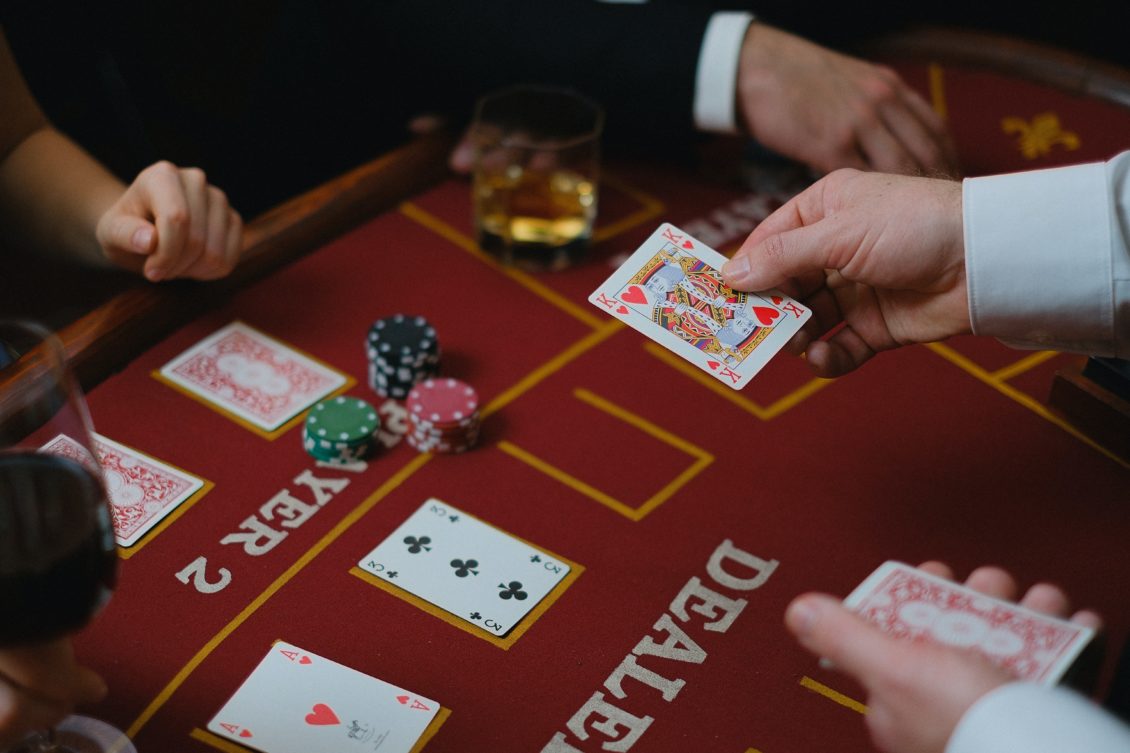
When we think of gambling games, the initial images that often cross our minds are those of spinning wheel wheels, poker tokens clinking on felt surfaces, and dice rolling across a betting area. While numerous consider these activities as mere hobbies fueled by luck, a deeper exploration reveals a fascinating blend of tactics, skill, and social interaction that raises them well beyond simple luck. Regardless of whether you are a seasoned player or a curious newcomer, grasping the nuances of these activities can significantly enhance your experience and understanding.
Casino activities have evolved over hundreds of years, with different cultures contributing to their diverse backgrounds and variations. From the intricate tactics of 21 to the deception tactics in poker, players engage in a contest of wits as much as a risk on odds. This dynamic interplay between luck and skill creates a thrilling atmosphere that draws millions to casinos worldwide. As we delve into the realm of table activities, we will reveal the strategies that can shift the odds in your advantage and the social elements that make these activities a popular choice for leisure and interaction.
The Strategy of Table Games
Table games often involve a blend of ability and chance, making them fascinating for players who like a test. Each game has its own set of rules and strategies that can influence the outcome. For example, in titles like blackjack, participants are obliged to use strategies like card counting and grasping the probabilities to make smart decisions. This expertise can greatly improve their victory potential, distinguishing experienced participants from novices who may depend entirely on chance.
In contrast, titles such as roulette may appear to be entirely based on chance, but tactical thinking can also come into play. Participants can choose between different betting tactics, such as the Martingale strategy, in which they raise their wagers after a loss. This approach can establish a more methodical way to the activity. Understanding the probabilities of specific bets can also help participants make smarter decisions on the roulette table, showcasing that even titles of luck, tactics can enhance the experience.
Additionally, the game of poker is notable as a title that heavily emphasizes strategy. In contrast to most gaming titles, poker combines skill, psychology, and chance. Players must also concentrate on the hands they are dealt but also consider their rivals’ behavior and wagering patterns. Mastering principles like position, pot odds, and reading bluffs is crucial for success. This depth of tactics in the game of poker often creates to a more engaging encounter for participants, where the decisions and abilities greatly affect the game’s results.
Comprehending Probability and Odds
In the world of gambling activities, likelihood and ratios play a crucial role in deciding a gambler’s potential outcomes. Every game has its own set of principles that define how the chance of winning or losing is measured. For case, in matches like 21, players have a opportunity to influence their ratios through planning, whereas in matches like roulette, the results are exclusively dictated by luck. Understanding how these probabilities are measured can significantly impact how a gambler approaches the match.
Ratios are typically presented in two forms: ratio and decimal. Ratio odds show the ratio of the amount won to the amount staked, whereas numeric ratios show the total return for a winning wager, which includes the initial bet. For instance, if a game has ratios of 5 to 1, this means that for every one dollar staked, a gambler could gain five dollars if successful. Knowing how to understand these odds enables players to assess their potential winnings and formulate more informed decisions during gameplay.
Players should also be conscious of the casino advantage, which is the casino’s built-in benefit over the gamblers. Each match has a different house edge, and grasping this idea is essential for handling one’s hopes and funds. Games with a lower house edge, such as blackjack and chemin de fer, typically offer superior ratios for players compared to activities like slot machines and keno. By understanding the relationship between probability, odds, and the casino advantage, players can enhance their gaming experience and plan more effectively.
The Aspect of Casino Table Games
Casino games at gaming establishments are often seen as a center of social interaction, bringing participants together in a collective experience that extends far beyond the mere act of gambling. The atmosphere at a blackjack table can be vibrant, with players engaging not only with the game itself but also with each other. Laughter, excitement, and, occasionally, playful teasing create connections that enhance the overall enjoyment of the gaming experience. This communal aspect can turn a alone endeavor into a lively social event, making table games particularly enticing.
One of the fascinating elements of table gaming is the way it fosters camaraderie among players. Whether it’s teaming up to beat the dealer at a dice table or exchanging tales between hands in a poker game, the environment encourages communication. bensu4d link alternatif Players often share advice or tactics, creating a sense of community that enhances the fun. This social dynamic can make new gamblers feel welcomed and less intimidated by the competitive nature of gaming. As the game continues, friendships may form, leading to a sense of belonging that keeps players coming back to the table.
Moreover, the social aspect of gaming at tables extends beyond just the players. Casino staff play a crucial role in encouraging interaction and maintaining the flow of the game. Their ability to engage gamblers with warm dialogue and their expertise in running the table can create an welcoming atmosphere. This relationship between players and staff adds another layer of enjoyment, where gamblers feel bonded not only to one another but also to the staff. Such interactions are often what make the experience memorable, as players leave with tales to tell and relationships made, reinforcing the notion that gaming at tables are truly about something greater than luck.